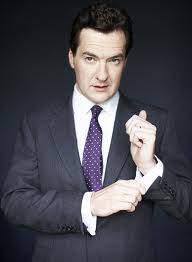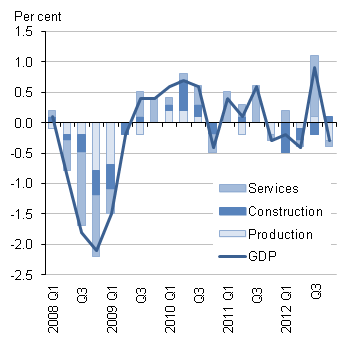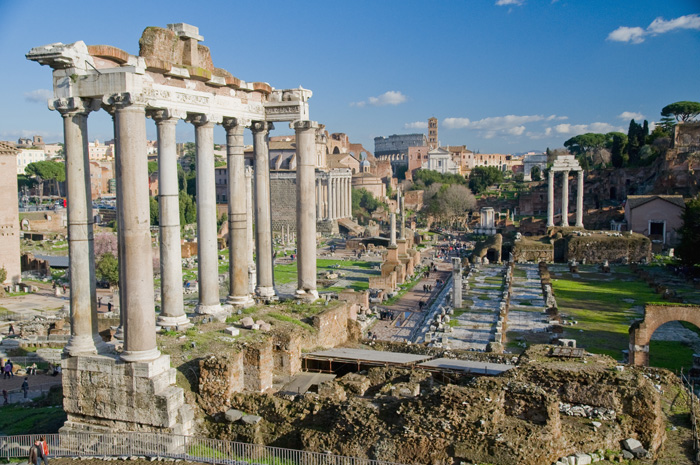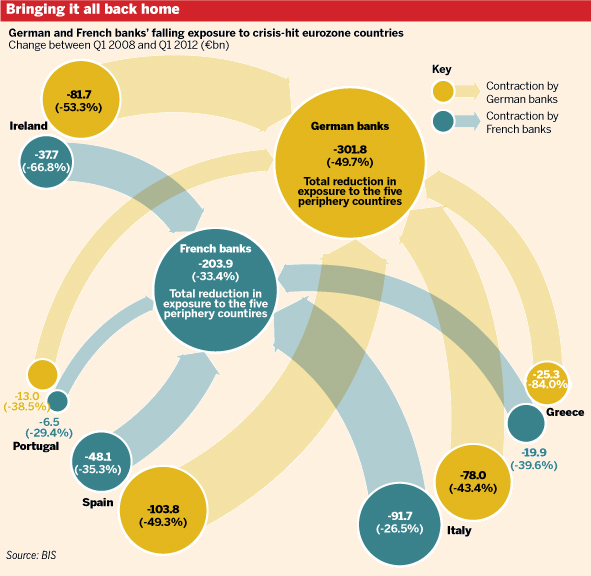The Financial Times published its longlist for the FT/Goldman Sachs Book of the Year today and I am honoured that How Asia Works is on it. Below is the full list of 14 titles.
After the Music Stopped: The Financial Crisis, the Response, and the Work Ahead, Alan Blinder, The Penguin Press
The Alchemists: Inside the Secret World of Central Bankers (UK subtitle); Three Central Bankers and a World on Fire (US subtitle), Neil Irwin, Headline Business Plus; The Penguin Press
Big Data: A Revolution That Will Transform How We Live, Work, and Think, Viktor Mayer-Schönberger and Kenneth Cukier, John Murray; Eamon Dolan Books/Houghton Mifflin Harcourt
The Billionaire’s Apprentice: The Rise of The Indian-American Elite and The Fall of The Galleon Hedge Fund, Anita Raghavan, Hachette Book Group/Business Plus
The End of Competitive Advantage: How to keep your strategy moving as fast as your business, Rita Gunther McGrath, Harvard Business Review Press
The End of Power: From Boardrooms to Battlefields and Churches to States, Why Being In Charge Isn’t What It Used to Be, Moisés Naím, Basic Books
The Everything Store: Jeff Bezos and the Age of Amazon, Brad Stone,Transworld/ Bantam Press; Little, Brown
Give and Take: A Revolutionary Approach to Success, Adam Grant, Weidenfeld & Nicolson; Viking (Penguin)
The Great Escape: Health, Wealth, and the Origins of Inequality, Angus Deaton, Princeton University Press
How Asia Works: Success and Failure in the World’s Most Dynamic Region, Joe Studwell, Profile Books; Grove Press
Lean In: Women, Work, and the Will to Lead, Sheryl Sandberg, WH Allen/Random House Group; Knopf
Making it Happen: Fred Goodwin, RBS and the Men Who Blew Up the British Economy, Iain Martin, Simon and Schuster
The Org: The Underlying Logic of the Office, Tim Sullivan and Ray Fisman, Twelve
Scarcity: Why Having Too Little Means So Much, Sendhil Mullainathan and Eldar Shafir, Allen Lane; Times Books/Henry Holt






